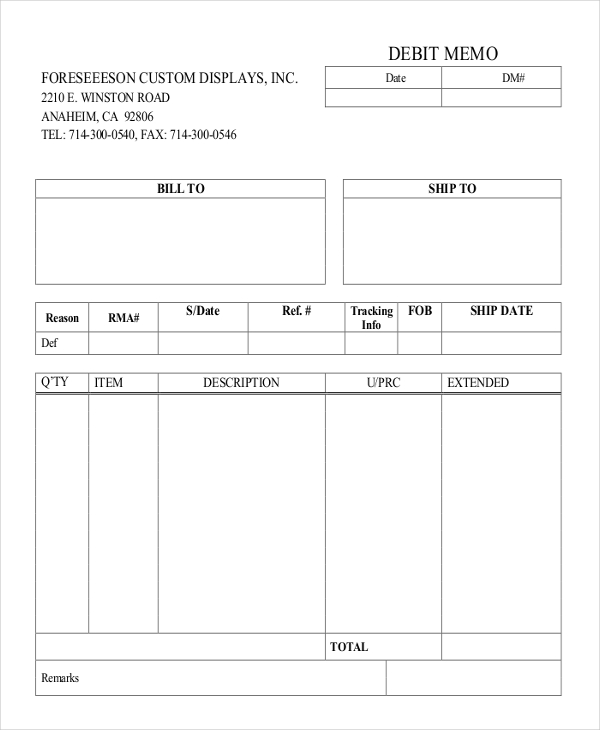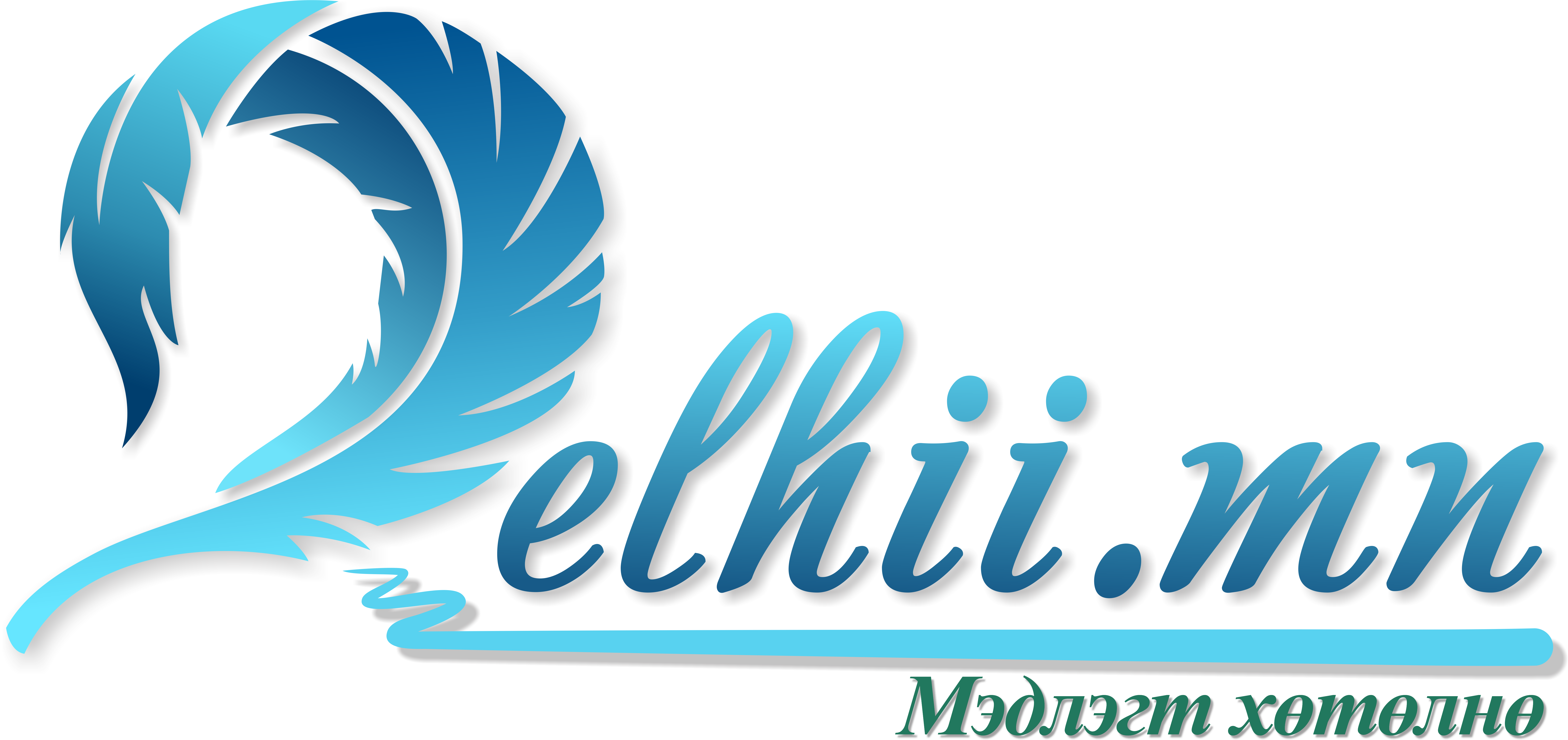
I am the creator of Project Financially Free and I started this journey to both educate myself and share my insights on personal finance. I’m passionate about financial literacy and I invite you to join me on this transformative path. We’ve covered plenty of topics of banking such as analyzing the safety of banks such as CIT Bank or Ally Bank. When opening a DDA account, always look carefully at terms and conditions, eligibility rules, and how your bank expects you to use it.
Understanding Demand Deposit Accounts and the Role of DDAs in Today’s Financial Ecosystem
You can withdraw the funds in form of the cash or to pay for something (using a debit card or online transfer) at any time, without giving the bank notice or incurring a penalty, or paying fees. They offer the utmost convenience for getting cash or transferring funds to another account or another party. DDA account types include any account where deposits are not held as a term deposit, certified deposit, or investment. In other words, checking accounts, savings accounts, and money market accounts are all considered DDA account types. Certificates of Deposit (CDs), which have pre-set dates of maturity, are even less like demand deposits. They have set maturity dates and are subject to early withdrawal fees, meaning the funds are less liquid than a checking or savings account.
- The force pay transaction is usually processed once you made a deposit that brings your account back into the positive.
- I am the creator of Project Financially Free and I started this journey to both educate myself and share my insights on personal finance.
- Like savings accounts, checking accounts are often covered by FDIC or NCUA insurance.
- Blueprint is an independent publisher and comparison service, not an investment advisor.
Checking Account
Essentially, a DDA is a type of bank account that allows you to deposit and withdraw funds on demand. It serves as a convenient way to manage your money, providing easy access to funds for everyday expenses, bill payments, and more. You typically earn more interest in a savings account than you would with a checking account, but there are a few more restrictions to keep in mind. Savings accounts are intended for funds that the account holder does not need for everyday purposes. Because many account holders choose to leave their money in a savings account, many savings accounts offer interest on deposited funds. Still, DDAs tend to pay relatively low interest rates (on savings accounts) or no interest at all (as is often the case with checking accounts, Reg Q’s repeal notwithstanding).
Types of Demand Deposits
The money is available “on-demand”—hence, the name “demand deposit” for this sort of account. That said, term deposit accounts can include short-term deposits, and depending on the type of deposit and bank most term deposits can be accessed immediately, though penalties will apply. A demand deposit account is a type of bank account that provides 24/7 access to your money. • Savings accounts may not be considered demand deposit accounts due to withdrawal restrictions, though these may have loosened up since the pandemic. • A demand deposit account (DDA) is a type of bank account that allows you to withdraw funds whenever you like. So, using your money when you need to is one of the key benefits of demand deposit accounts.
You may be able to write a check, withdraw money at the ATM or transfer funds from a money market account to a savings or checking account online in minutes. A money market account essentially combines dda debit memo features of a checking account and a savings account into one. A demand deposit account (DDA) is a type of bank account that offers access to your money without requiring advance notice.
Types of Demand Deposit Accounts (DDAs)
In some cases, the DDA debit charge may be the code the bank uses as they wait for confirmation on what exactly the transaction was for (i.e., the name of the service or store). Some of these accounts earn interest, although the rate is often minimal to modest. These results demonstrate the tangible impact that Socure’s fraud prevention solutions have on an institution’s bottom line, but the benefits extend far beyond financial metrics. By preventing DDA fraud and protecting customers, institutions can build trust, loyalty, and long-term value in an increasingly competitive market. Socure’s Sigma Identity Fraud is the most accurate and advanced fraud prevention solution on the market for preventing DDA fraud.

The opinions, analyses, reviews or recommendations expressed in this article are those of the Blueprint editorial staff alone. The information is accurate as of the publish date, but always check the provider’s website for the most current information. Above all, be sure to provide your prospective bank with valid information regarding your identity and living situation. For the past 52 years, Harold Averkamp (CPA, MBA) hasworked as an accounting supervisor, manager, consultant, university instructor, and innovator in teaching accounting online.
At MONEY Magazine, Taylor led the magazine’s coverage of banking, investing and credit cards.Taylor has been published in the New York Times, NPR, Bloomberg and the Tampa Bay Times. His work has been recognized by his peers, winning a Loeb, Deadline Club and SABEW award.Taylor earned an M.A. From the Craig Newmark Graduate School of Journalism at the City University of New York where he focused on business reporting. There he was awarded the Frederic Wiegold Prize for Business Journalism. He earned his undergraduate degree from New York University.Taylor has also completed the education requirement from the University of Texas to qualify for a Certified Financial Planner certification.


